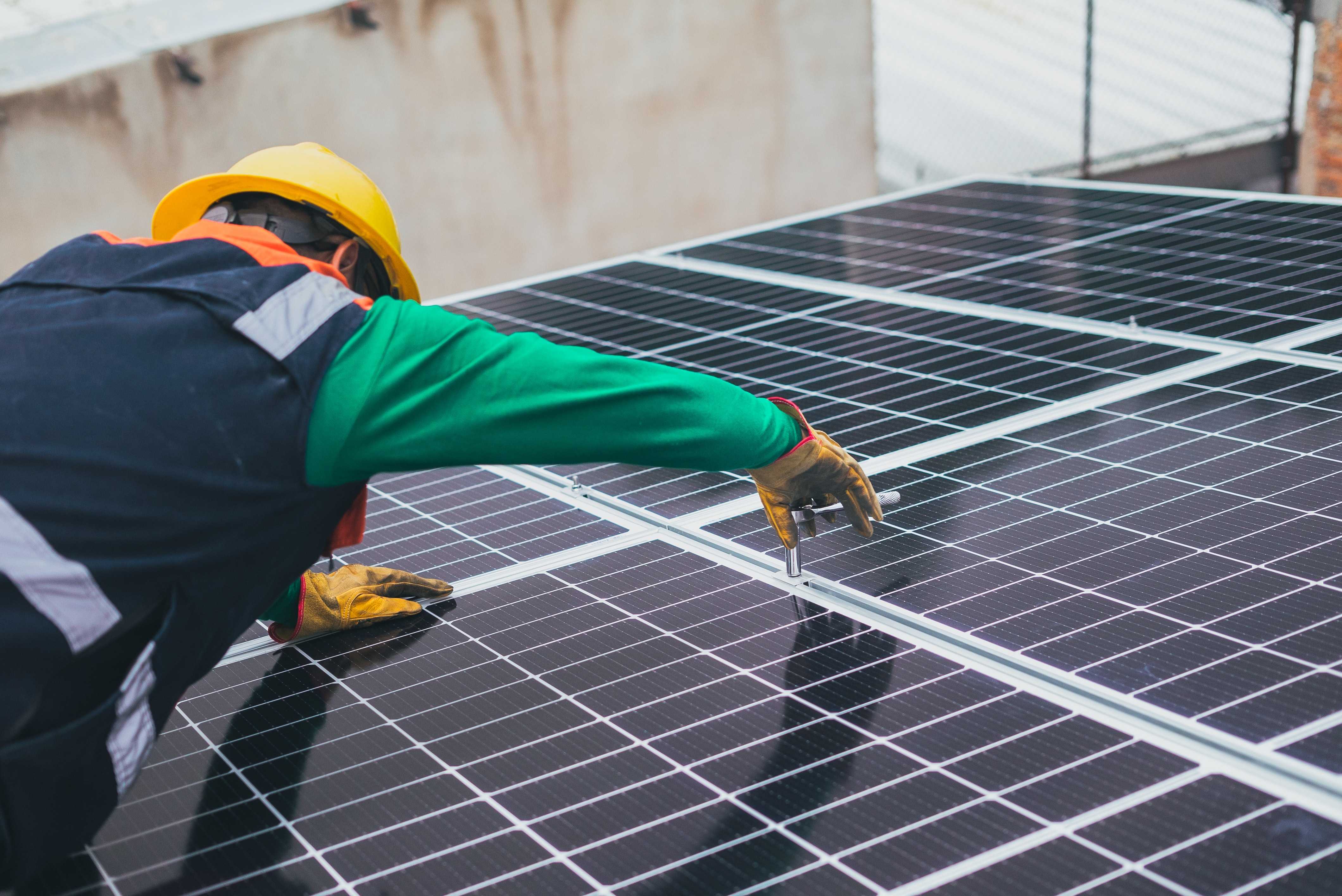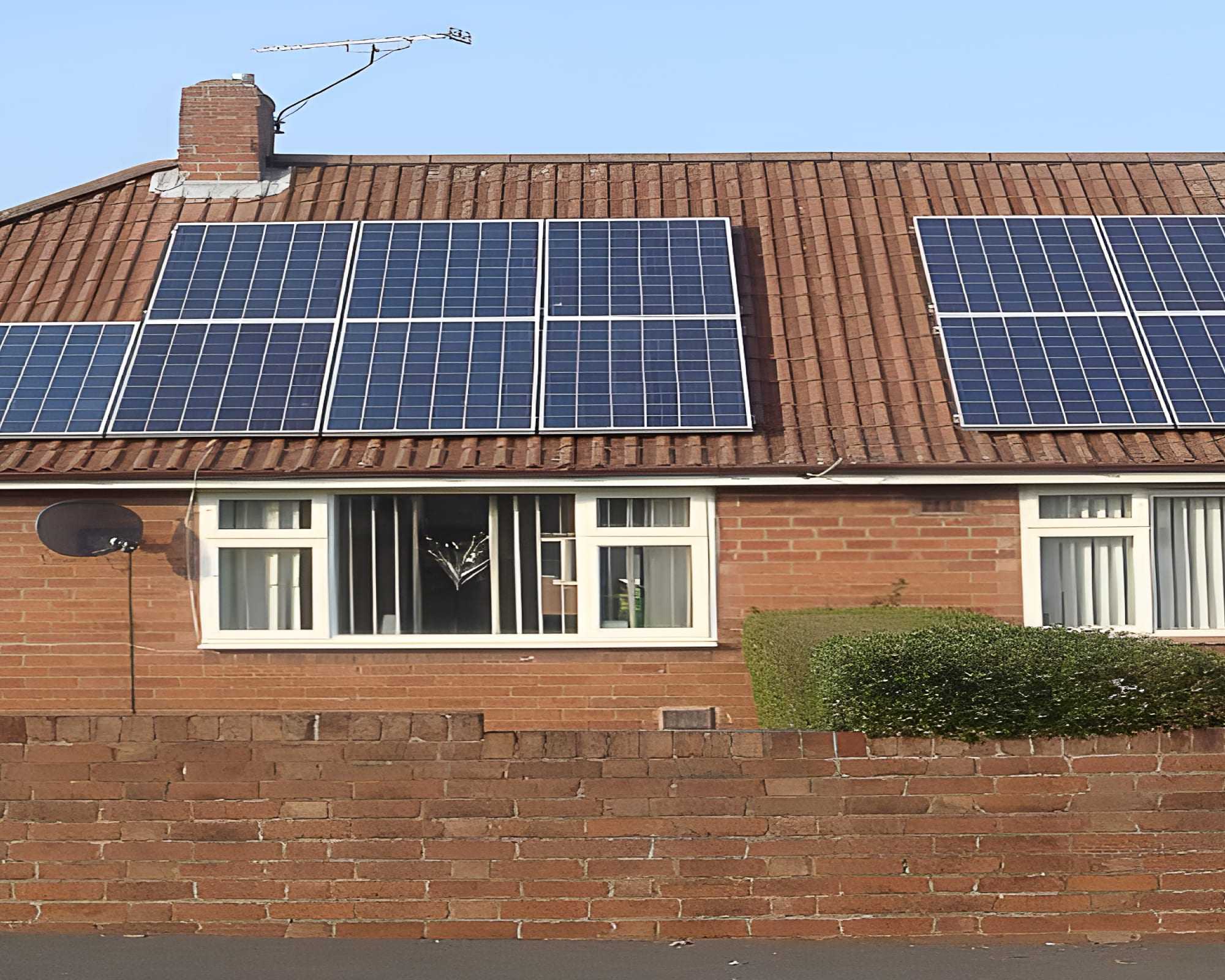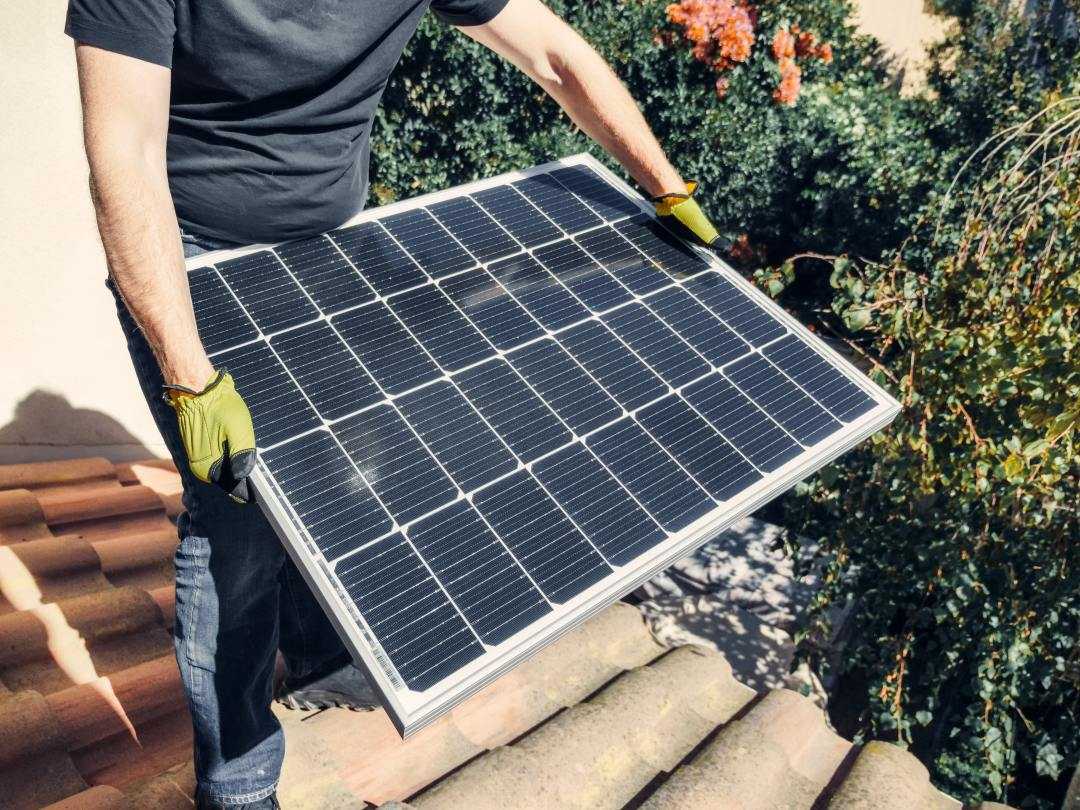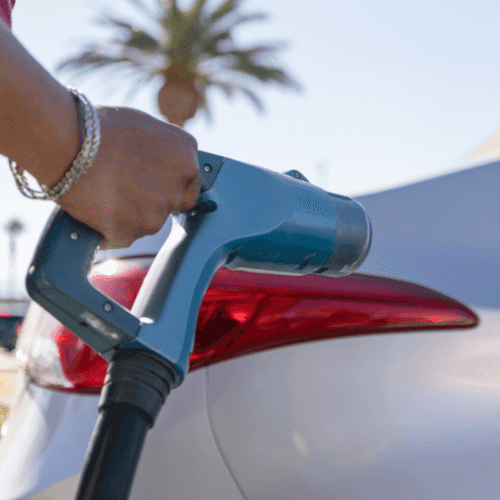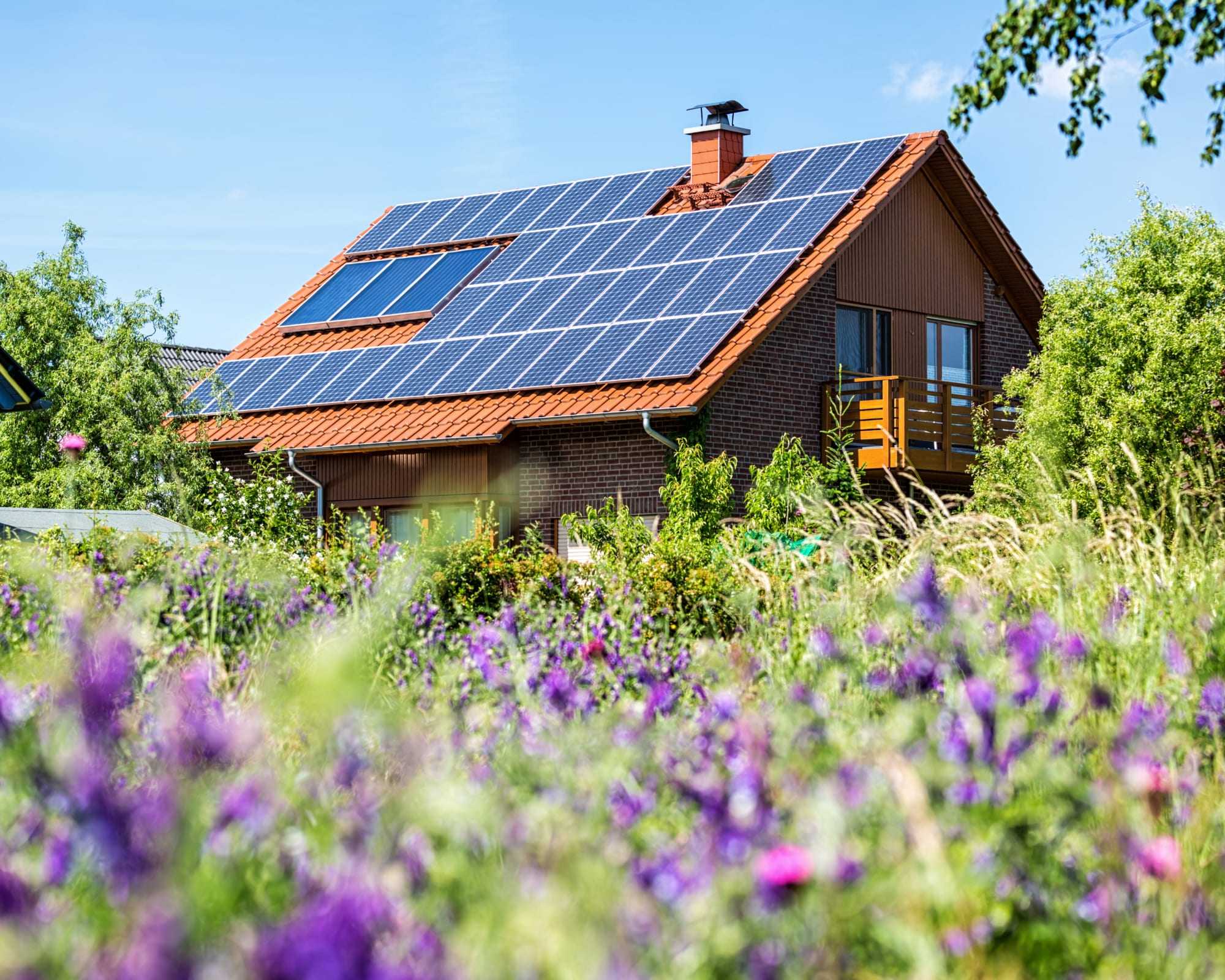
What’s the Difference between Solar PV and Solar Thermal?
With much talk of energy price rises, many homeowners are actively looking for ways to produce greener and less costly electricity in and around the home. Currently, two of the most popular methods of doing so are by installing solar PV and solar thermal panels.
Yet, though both solutions look very similar in structure, solar PV and solar thermal have very different functions. With solar PV producing electricity and solar thermal producing heat, homeowners need to distinguish between these two types of solar technology to select the best option for their homes.
Here the Energy Efficiency team at City Plumbing provides a brief helpful guide, highlighting the difference between solar PV and solar thermal.
What is Solar PV?
The purpose of solar PV in the home is to supply electricity. This is done by installing solar PV panels on the roof of your property to capture and absorb as much daily sun as possible. When these panels are exposed to sunlight, they produce a small voltage of electricity. This energy is then transported as an electrical direct current (DC) to an inverter which transforms it into an alternating current (AC). This electricity is then sent to the fuse box of your property, allowing you to power appliances around the home, with excess electricity being sent to the Grid or a battery.
What is Solar Thermal?
The purpose of solar thermal in the home is to supply hot water using the energy from the sun. This is achieved by placing solar thermal panels on your roof. A pump station circulates fluid through the panels to absorb the heat from the sun and then releases this heat into the coil of a cylinder, heating the water for use within the home. .
The Differences between Solar PV and Solar Thermal
When too much electricity is generated by solar PV it will need to be used instantly. However, there are options of storing it in a battery or re-routing it back to the grid and selling it. When too much hot water is generated by solar thermal, it also must be used instantly but usually goes to waste if there’s nowhere else to send that hot water to when the tank is full.
Solar PV panels typically require a significant amount of space on the roof to be fully effective. Whereas, solar thermal panels are smaller and take up a fraction of the space on the roof. This often means solar PV panels are suited to bigger properties while solar thermal ideal for smaller properties.
Many homeowners want to know which is more efficient, PV or thermal? The answer here is solar thermal. Considered more effective at collecting heat from the sun, as opposed to solar PV, thermal panels are said to be 70% more efficient. Whereas, solar PV has a 15 to 20% working efficiency, Likewise, solar thermal is the more space efficient of the two.
The more consistent solar choice for all-year-round use is PV. Solar thermal can be less effective in those dull winter months when the weather's cloudier and the sunlight is weaker. Therefore, it’s not a complete heating system and you will need to look for a backup system to continue accessing hot water during this time. Solar PV is at its peak during the summer months but also offers electricity during the winter months, and can be accessed via backup solutions if necessary.
Solar thermal technology is primarily considered a functional option that’s exclusive for heating water. Solar PV technology however can cover on average around 60% of your home’s household energy needs.
Solar PV initial costs are high yet these panels have an incredibly long lifespan. Solar thermal costs are relatively low, especially as fewer panels are needed, but they do have a shorter lifespan than PV panels.
Which Is Best for My Home, Solar PV or Solar Thermal?
Overall most homeowners decide on PV or thermal based on their primary need; that of electricity or hot water. With solar PV best for electric and solar thermal better suited to hot water purposes, either choice is a good way to begin the greener journey.
Yet, it’s also worth noting that though the two can work alone, there’s also a fantastic option to combine them for the ultimate low-carbon technology home.
If you’re considering solar PV or solar thermal for your property, get in touch with the Energy Efficiency team at City Plumbing. Experts in renewable technology, we’re perfectly placed to advise you on the best solutions of low-carbon technologies to help you create a greener and more energy-efficient home.
